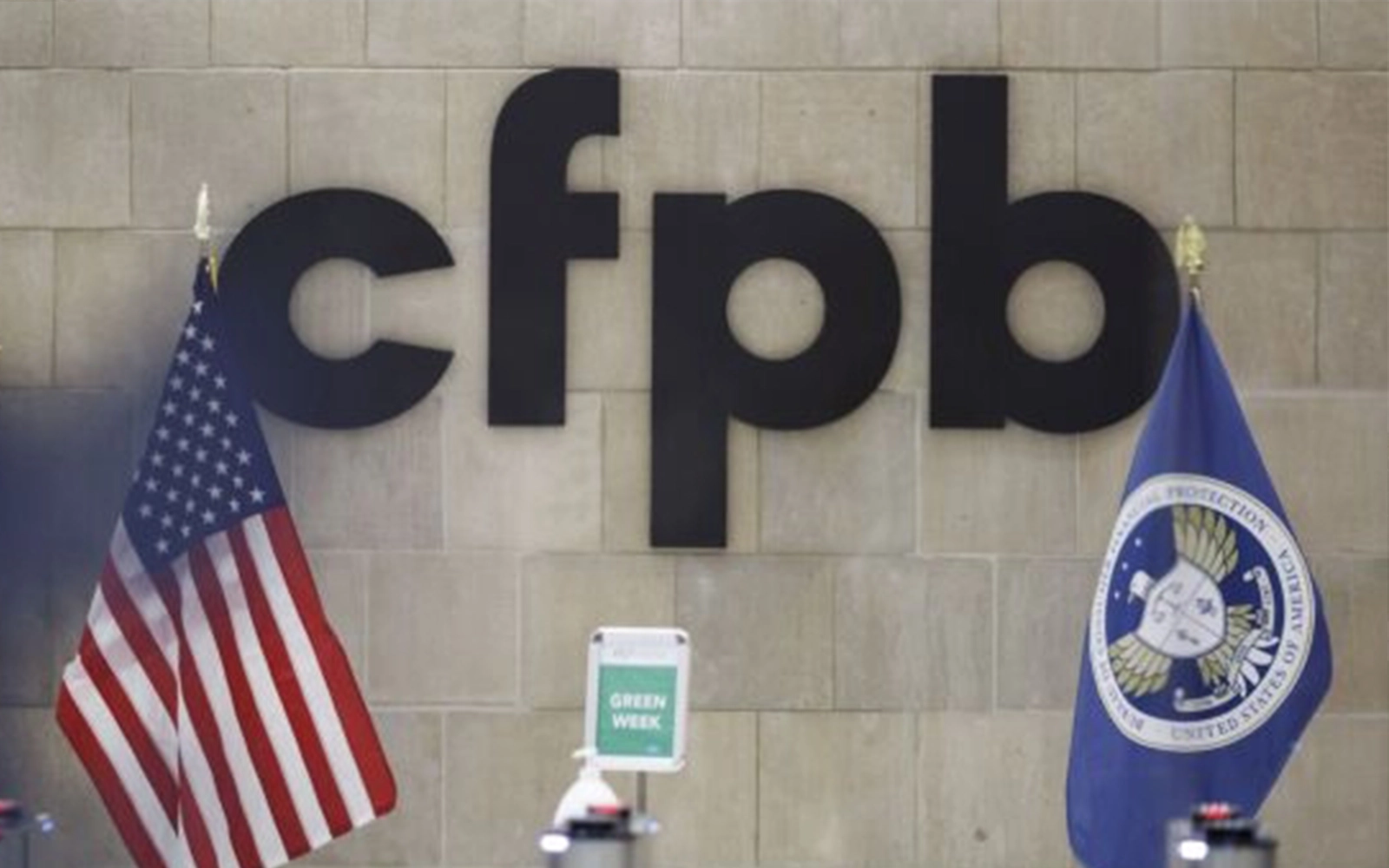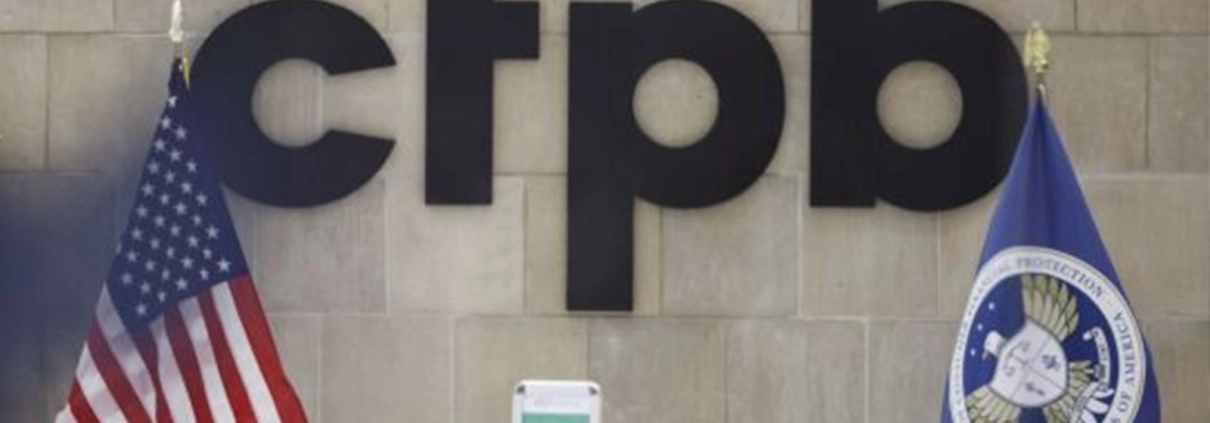CFPB Regulatory Agenda Points to Activity to Come in 2024
On December 6, 2023, the Biden-Harris Administration announced the release of the Office of Information and Regulatory Affairs’s (OIRA’s) Fall 2023 Unified Regulatory Agenda, which details actions that Federal agencies are considering over the coming months. The Consumer Financial Protection Bureau (CFPB) participated in this process and set forth the regulatory matters that it intends to consider during the period from November 1, 2023, to October 31, 2024. The CFPB listed twelve rules on its active rulemaking agenda and one long-term action. What follows is a brief description of the anticipated order in which the CFPB will announce its forthcoming regulatory actions.
December 2023:
- Final Rule on Credit Card Late Fees: a rule anticipated to finalize a proposal to adjust the safe harbor dollar amount for late fees to $8.00, cap the late fee amount at 25% of the required minimum payment, and eliminate inflation indexing of late fee safe harbor amount
- Proposed Rule on Overdraft Fees: a rule anticipated to propose changing how fees for overdraft services are considered as finance charges under Reg Z
- Proposed Rule on Non-Sufficient Fund (NSF) Fees: a rule anticipated to propose identifying the assessment of NSF fees in certain circumstances as UDAAPs
- Prerule activity on FCRA: the CFPB released a SBREFA Outline of Proposals on September 15, 2023 to eliminate medical debt reporting and recategorize credit header data as a “consumer report” for purposes of the Fair Credit Reporting Act
March 2024:
- Final Rule on Nonbank Public Enforcement Order Registry: the CFPB released a proposal on December 12, 2022
- Final Rule on Contract Terms Registry: the CFPB released a proposal on January 11, 2023
- Proposed Rule on Mortgage Servicing: a rule anticipated to propose adjustments to loss mitigation program requirements
June 2024:
- Final Interagency Rule on Automated Valuation Models (AVMs): the CFPB, OCC, Fed, NCUA, FDIC, and FHFA jointly issued a proposal on June 1, 2023 to establish quality control standards for AVMs
- Proposed Interagency Rule to implement FY2023 National Defense Authorization Act: requirement to establish data standards for the collections of information reported to each agency by financial entities under their jurisdiction, and the data collected from the agencies on behalf of the Financial Stability Oversight Council
October 2024:
- Final Rule of Property-Assesses Clean Energy (PACE) financing: the CFPB released a proposal on May 1, 2023 to apply TILA’s ability-to-repay provisions to PACE financing, as required by Section 307 of the Economic Growth, Regulatory Relief, and Consumer Protection Act (EGRRCPA)
Uncertain Timeline:
- Final Rule on 1033: The CFPB released its proposed rule on “personal financial data rights” under Section 1033 of the Dodd-Frank Act on October 19, 2023. Comments are due December 29, 2023, unless the CFPB extends the deadline. In prepared remarks announcing the proposed rule, Director Chopra indicated that the rule would be finalized by Fall 2024
- Final Rule establishing supervisory jurisdiction over larger participants in the market for consumer payments: the CFPB released its proposed rule on November 7, 2023; comments are due January 8, 2024
- Long-Term Action on Reg DD: expected regulatory action to review possible changes regarding the disclosure of variable interest rates paid on deposit accounts no earlier than August 2024
Patomak Take-Away:
The CFPB’s regulatory agenda emphasizes the CFPB’s prioritization of discretionary rulemakings over Congressionally mandated and interagency rulemakings. It also emphasizes the high degree of coordination between the CFPB and the Biden-Harris Administration and the CFPB’s efforts to advance the President’s policy priorities. The fee-related rulemakings (i.e., the rules on credit card late fees, overdraft fees, and NSD fees) have figured prominently in the Administration’s so-called “junk fees” initiative, and CFPB activities are certain to figure prominently in the President’s 2024 political messaging.





